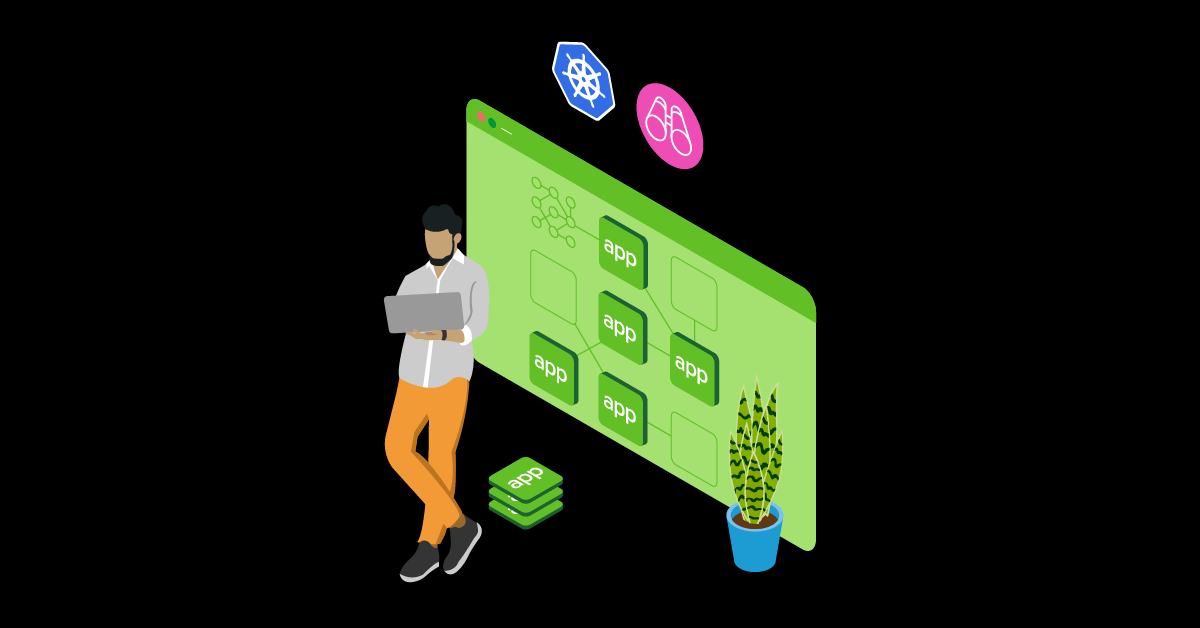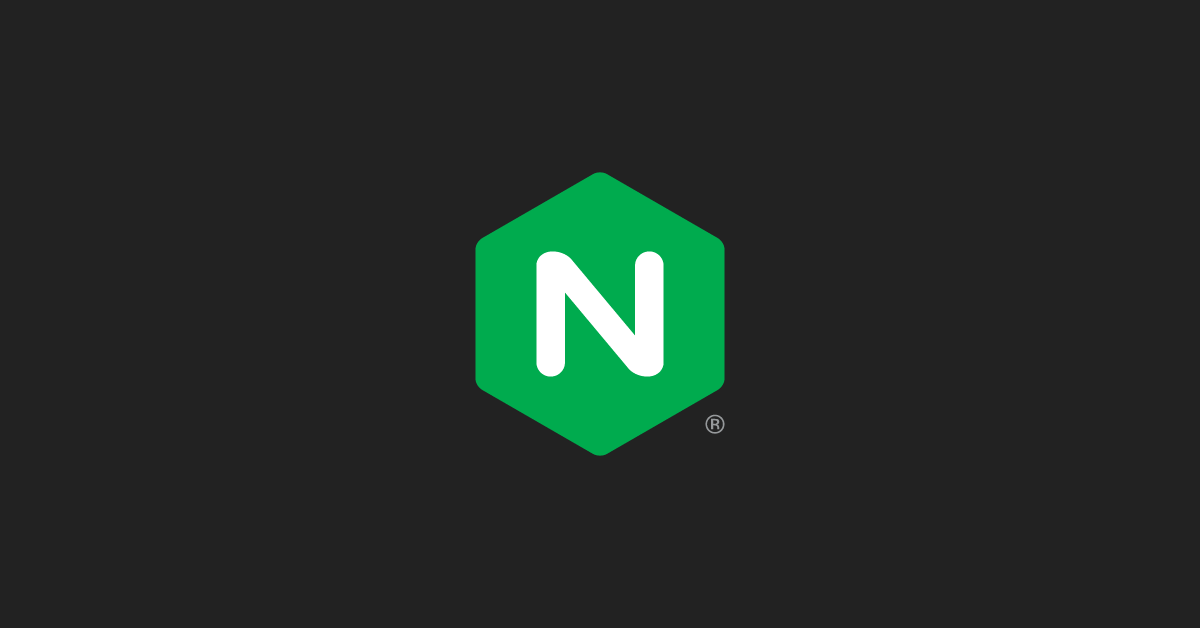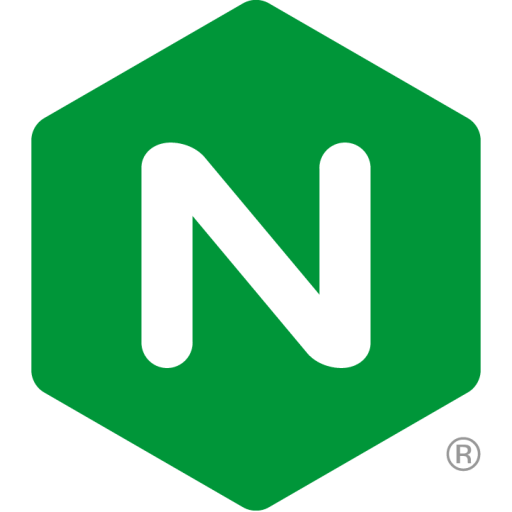All Posts
-

Help Shape the Future of NGINX: Join Our 2025 Survey
The NGINX Team wants to hear from you. Take this year’s NGINX User Survey to help shape the future of application delivery, security, and scalability.
-

Congestion Control Enhancements for QUIC in NGINX
NGINX’s latest release introduces CUBIC, a new congestion control algorithm that enhances your QUIC implementation.
-

We Request Your Feedback for Early Hints
The NGINX community is being asked for thoughts on the new Early Hints standard, which allows servers to send an informational response with the HTTP status code 103.
-

Kubernetes Networking: Moving from Ingress Controller to the Gateway API
Discover if switching to the Gateway API is the right move for your infrastructure and why NGINX Gateway Fabric is worth the added complexity.
-

Optimizing Resource Usage for Complex SSL Configurations in NGINX
With the release of NGINX 1.27.4, discover a lesser-known project that optimizes load time and resource usage for configurations with multiple SSL contexts.
-

Announcing the NGINX Community Forum
Join our new forum to make the most of NGINX! Come chat, share tips, and get help from fellow users.
-

NGINX Documentation Goes Open Source
All NGINX documentation is now officially open sourced on GitHub. Discover how you can get involved and join us in the repository!
-

New Video Series: NGINX Community Chats
Check out our new YouTube series where OSS Technologist Dave McAllister hosts casual chats about NGINX, F5, and open source software.
-

Dynamic DNS Resolution Open Sourced in NGINX
Enhance your NGINX setup with our DNS service discovery feature, now open sourced for dynamic DNS resolution.
-

Start Sending Traffic to Your Kubernetes Cluster with NGINX
In this beginner-friendly guide, discover the essentials of routing traffic to your Kubernetes cluster using NGINX Gateway Fabric.
-

Tracing Your Kubernetes Ingress Traffic
Learn to trace Kubernetes ingress traffic with NGINX Gateway Fabric. This example includes setup, configuration, and traffic analysis to improve app diagnostics and performance.
-

How Organizations Can Support the SDGs with Open Source
In Part 2 of our OSPOs for Good series, learn actionable steps for driving global collaboration and innovation while supporting the United Nations Sustainable Development Goals.
-

Catalyzing Open Source for the United Nations SDGs
OSPOs are driving digital transformation. In Part 1 of our OSPOs for Good series, discover open source’s potential impact on the United Nations Sustainable Development Goals.
-

Celebrating 20 Years of NGINX
NGINX is twenty! This journey has been fueled by innovation and community support. Join us as we celebrate key milestones and reflect on NGINX’s evolution.
-

NGINX Open Source Moves to GitHub
The NGINX Open Source project has officially moved from Mercurial to GitHub. Join us in the new repository!
-

Using the njs Preload Object Directive with NGINX Gateway Fabric
Reload objects at runtime and manage key-value pairs by using the js_preload_object directive with NGINX Gateway Fabric, our implementation of the Gateway API.
-

Welcome to the NGINX Community Blog
NGINX content has a new home. Discover where you can get the latest news, tutorials, and insights from NGINX engineers and community members.
-

Updating the PGP Key for NGINX Software
If you use the prebuilt NGINX Open Source binaries from nginx.org, or are an NGINX Plus user, you need to update the PGP key for your software now.
